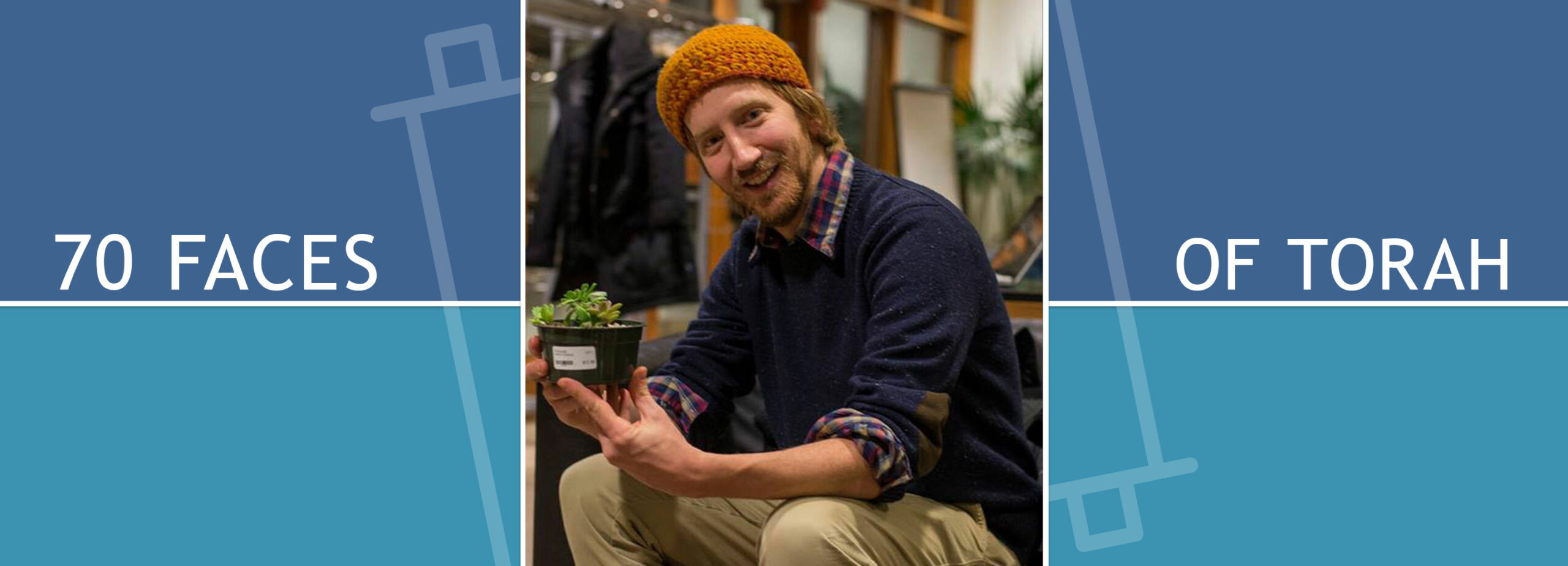Exodus Making Space for the Divine—And Each Other

Parshat Terumah, Exodus 25:1 – 27:19
“We have lived in our apartment for 17 years. My parents lived here. Now, my family lives here. Our landlords have given us 90 days to vacate. No conversation. No negotiation. A letter.”
This was the testimony of a 30-something man, accompanied by his wife and mother, at a community meeting hosted by City Life/Vida Urbana in Boston. There were many heads nodding in the room as he spoke. It seemed people were familiar with this growing pattern of no-fault evictions. For many, regulars at these meetings, this story was an all too common one; a neighborhood changes and people are displaced.
As person after person came to the front of the room to take the microphone and share their story, a statistical trend of demographic change and gentrification of a community began to take life before our eyes. It was embodied in the extraordinary humanity of the individuals who came forward and spoke bravely, even as they stood on the verge of being uprooted. They testified to a narrative that is both universally relatable and inextricably linked to the particular issues of race and class in our society. They came to raise their voices, to be heard, and to resist seemingly unstoppable forces.
The story of my neighborhood and my city are not unique. Affordable housing is growing harder and harder to come by in the metropolitan centers of our country. If you have been looking for an apartment in such a rapidly changing place, I don’t have to tell you to take a look at the exorbitant prices of rentals on Craigslist; you’ve already got the tab open.
It is in a state of frustration and utter confoundedness at the economic realities of our modern day that we arrive at this week’s Torah reading, Parshat Terumah. And as if to respond to our economic anxiety, our holiest book begins to tells the tale of what is undoubtedly the grandest example of subsidized housing ever undertaken by our people. Without so much as a dime down from the future Divine tenant, the community will gather its resources and construct a dwelling place–not ostentatiously large but quite well appointed–to stand in the center of their camp, visible to each and every tribe.
It is here that we encounter the Divine variation on the classic line from “Field of Dreams”: “If you build it, he will come.” Here, though, it is “If you build it, I will dwell”–or, more precisely, “V’asu li mikdash, v’shachanti b’tocham/Build me a holy space, and I will dwell among you.” This oft-quoted verse attests to the power of creative, communal endeavors—promising that, if we can be so bold as to collaborate and so courageous as to build, Holiness will dwell in our midst.
The work of bringing the Divine into close proximity is precisely the effort to make the right space in our community, to ensure the availability of a proper home.
Could the primary purpose of our building the Mishkan, or tabernacle, be to teach through this example about the sanctity of creating spaces for living? At the end of the day, why would the Creator of All need us, humanity, to create a space in which Divinity can reside? This is not just the skeptical question of a cynical 21st– century mind; the great sage and medieval commentator Abravanel, writing more than 500 years ago, asks similarly:
Why did the Holy One command the erection of the tabernacle, when God said “that I may dwell among them,” as if the Holy One of Blessing were an object demarcated and limited in space — which is the opposite of the truth!
Abravanel wants to be sure that no reader is left thinking that the Holy One needs a place to crash. As proof of this point, he goes on to quote the prophet Isaiah, “The heavens are my throne, and the earth is my footstool; what kind of house can you build for me?” So, if we can say that the Divine is actually not the prime beneficiary of this new construction, what is the point of the undertaking?
Last week I had the opportunity to hear Sister Mary Scullion, a leader in the fight for affordable housing and against homelessness in Philadelphia. She was speaking as part of the Moral Voices initiative at Tufts Hillel (where I work). She spoke about Project H.O.M.E., the anti-poverty non-profit that she helped to found. Again and again, she returned to the mission statement of her organization: “None of us are home until all of us are home.”
“None of us are home until all of us are home.” Perhaps this is the message we are meant to internalize in building the Mishkan. We come together as a community to build a sanctuary for the Divine, so that we will extend the same generosity of spirit to countless individuals, all of whom carry the divine spark. Our comfort and our sense of security are tied up with the comfort and security of others. The work we do to ensure the availability of affordable housing, and to maintain the tightknit fabric of communities within our cities, is tied up with the work of inviting the Holy One to dwell among us.
May we be blessed to be bold and courageous enough to build sacred dwelling places, and may the reward for struggling to keep housing available be an ongoing sense of proximity to the Holy One.
Rabbi Jordan Braunig Rab’14 was ordained at the Rabbinical School of Hebrew College in Newton, MA and is Director of the Initiative for Innovative Community Building at Tufts University Hillel. You can also read this blog in The Huffington Post.

